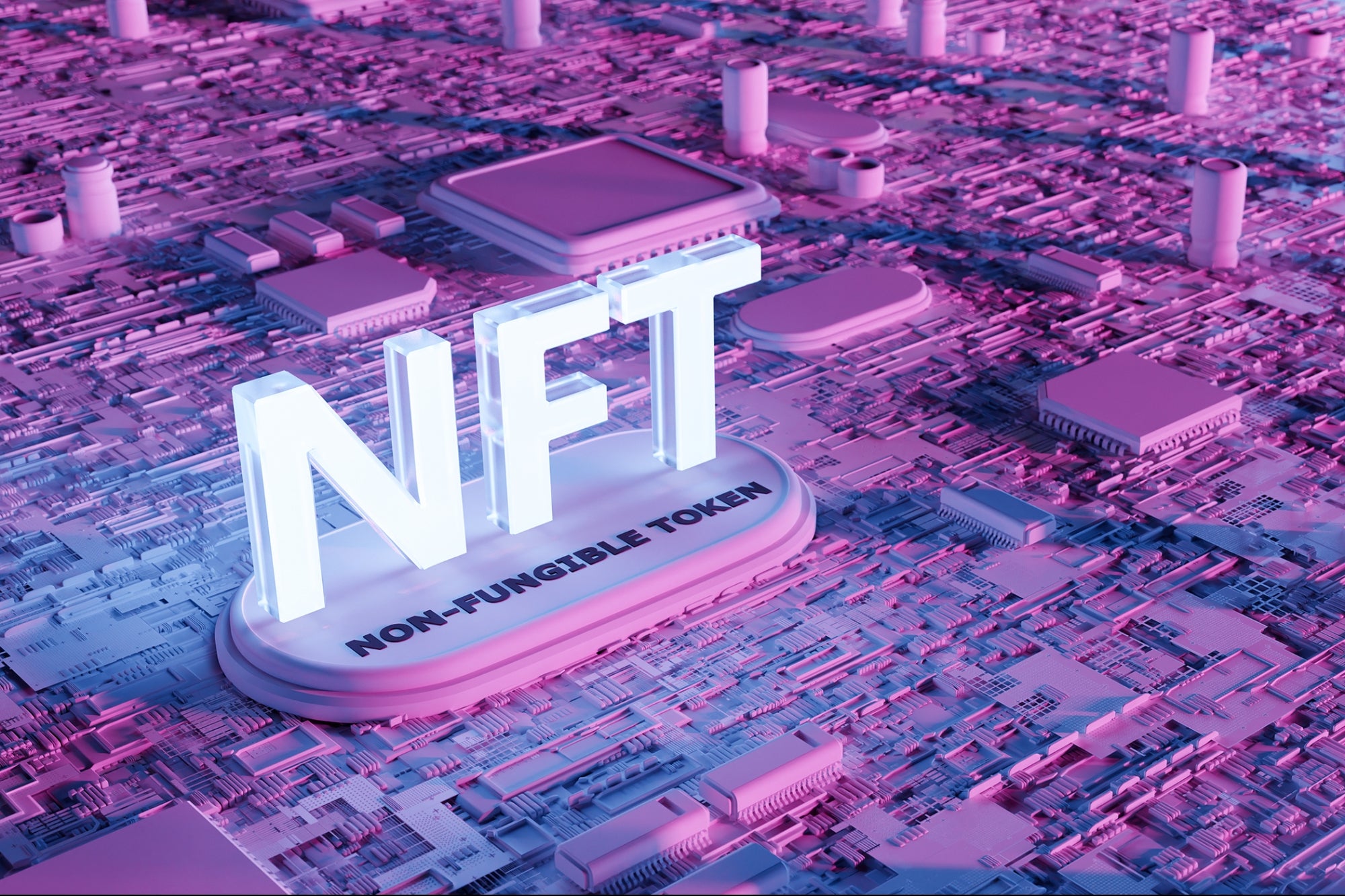Signing out of account, Standby…
In embracing the non-fungible token technology, Europe may soon establish itself as market leader in this brave new world.
Despite mixed market sentiment toward NFTs around the world, Europe has positioned itself as a continent that’s ready to embrace the emerging blockchain-based technology and become a global leader in developing successful projects that function through the use of distribution of non-fungible tokens.
The appetite for NTFs is perhaps no more pronounced than in Paris, with the French capital playing host to the development of the NFT Factory — a tech hub that’s set to showcase the very best of Web3.
The NFT Factory is due to open in September 2022, and will host events, art sales, and training programs that are geared towards tokens, blockchain technology, and the metaverse.
At the heart of the project is a collective of 50 leading figures from the world of tech and crypto, as well as artists, entrepreneurs, consultants, and investors alike. The NFT Factory will span a 400-square metre plot of land in central Paris, and will be a hybrid space that spans tech, business, and art.
“The NFT Factory is a bit of an oddity,” explained John Karp, co-founder and president of the NFT Factory. “No specialists in this emerging industry have come together to create a project in any other country so far.”
The tech hub has already been busy boosting NFT acceptance in Europe through the introduction of an innovative membership program, whereby users purchase a non-fungible token to confirm their access to the project.
France is no stranger to the world of NFTs, and in September 2021, Parisian startup, Sorare, announced a €579.7 million Series B funding round to position the company as one of Europe’s leading unicorns focusing on non-fungible tokens.
Sorare utilises NFT ownership to create a collectible fantasy football game whereby users can buy the cards of their favourite footballers and enter them into a five-a-side team to win prizes based on each player’s respective real world performances. Recently the company expanded into the world of Major League Baseball in a landmark deal.
At this stage, it’s worth noting that France isn’t the only nation that’s pioneering a future built on NFTs and blockchain technology. Thanks to relatively relaxed taxation laws for NFT ownership, Austria is quickly developing into a bustling hub for non-fungible collectibles.
In early 2022, Austria’s world renowned Belvedere Gallery sold its own NFTs that focused on the work of Gustav Klimt with the project regarded as a success among commentators.
Despite the growth of NFTs throughout European nations like France and Austria among many others, the non-fungible token market has struggled to build on the momentum it built in 2021 as the wider world of cryptocurrencies suffer from a downturn this year.
The emergence of a ‘crypto winter’ owing to the cyclical nature of bitcoin’s rallies has been long forecasted for 2022, and although the long-term outlook for the industry remains somewhat more optimistic, the total market capitalisation for NFTs has fallen significantly in recent months.
Crypto winter refers to a long-term period of flat or negative price movements throughout the cryptocurrency industry, with the last ‘winter’ occurring between mid-2018 and early-2020.
As data from AltcoinBuzz shows, trading volumes for NFTs have fallen significantly in mid-2022. Compounded by the emergence of recessions and cost-of-living crises as a result of the global Covid-19 recovery and war in Ukraine, investors appear to be less willing to trade their tokens today than in Q4 2021 and Q1 2022.
Despite this, we can see that the industry’s market capitalisation remains relatively strong in comparison to its 2021 numbers – ranging between $21 and $23 billion, representing an increase of almost 1,000% in comparison to early August 2021.
This indicates that despite widespread cryptocurrency sell-offs among investors, individuals are altogether more content with holding their NFTs. This trend may be down to the improved functionality of NFTs. Whilst art-based collectibles like the popular Bored Ape Yacht Club and CryptoPunks serve as a statement of wealth in a similar way to high fashion among holders, the aforementioned Sorare and other platforms like Axie Infinity have incorporated NFTs into games whereby players are rewarded for holding and utilising their tokens.
The future may be even brighter for the ecosystem, with the emergence of sustainability-focused NFT games like Alóki, which acts as a ‘play-to-earn’ platform that enables users to own patches of land within the Costa Rican jungle – helping to conserve the environment by planting trees and earning rewards along the way. The Costa Rican land was purposely bought by founders Maurycy Krzastek and Bartek Lechowski with the intention of leveraging a comprehensive gamified metaverse conservation project.
It may be this push towards sustainability and ethical matters that can help to improve investor sentiment towards NFTs and thus promote acceptance. Should the non-fungible token market win over investors in the midst of a crypto winter, the market recovery of cryptocurrencies may lead to exponential growth among tokens.
With leading European fintech firms like Revolut recently gaining approval to offer crypto services throughout the continent, we’re likely to see a significant rise in NFT adoption among Europeans.
This points to a bright future for the non-fungible landscape within the EU and UK, and with new specialist tech hubs cropping up throughout major cities, it’s likely that Paris and Vienna will only be the beginning of a continental push towards the adoption of NFTs.
Emily Rella
John Boitnott
Jonathan Small
Copyright © 2022 Entrepreneur Media, Inc. All rights reserved.
Entrepreneur® and its related marks are registered trademarks of Entrepreneur Media Inc.
Successfully copied link

